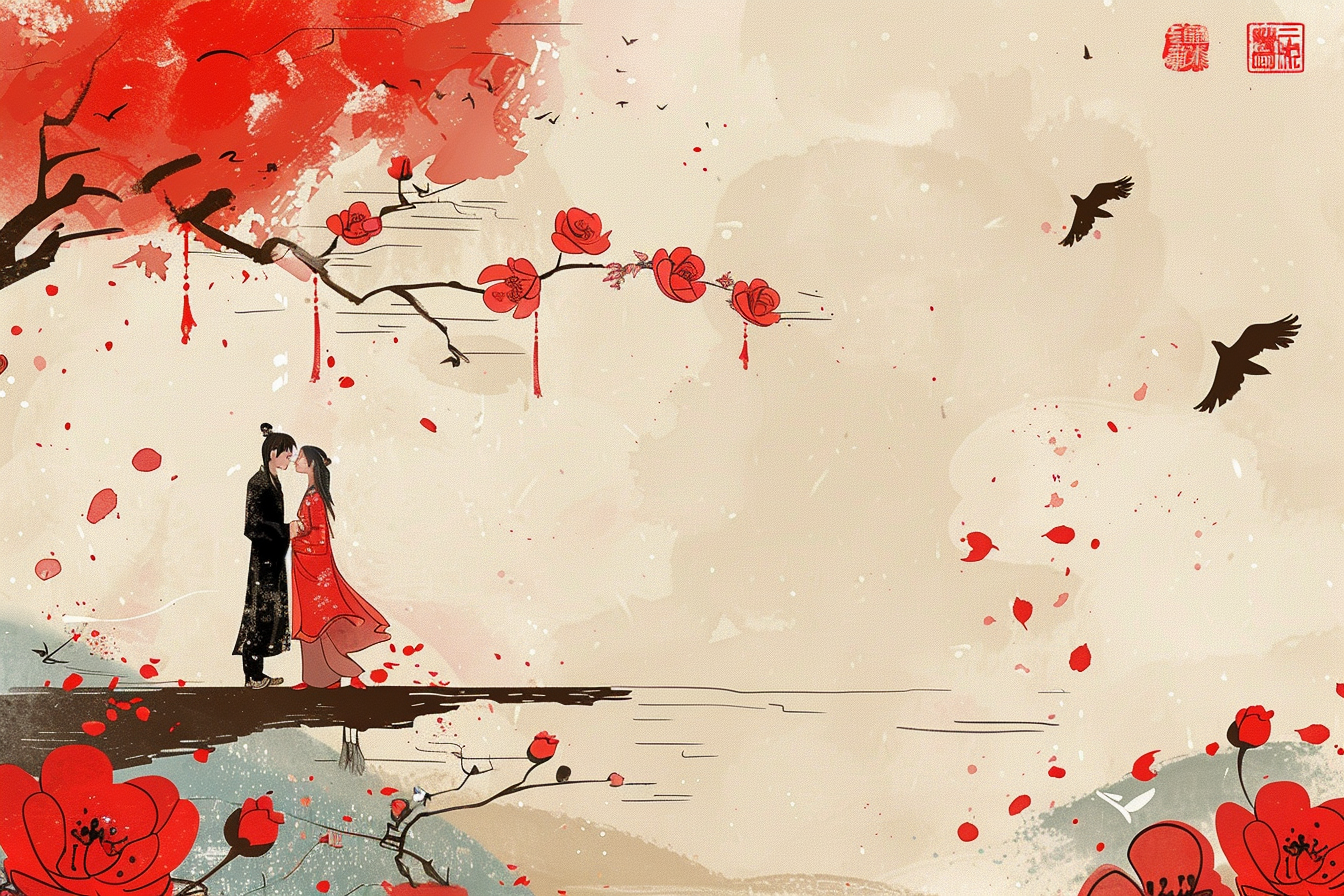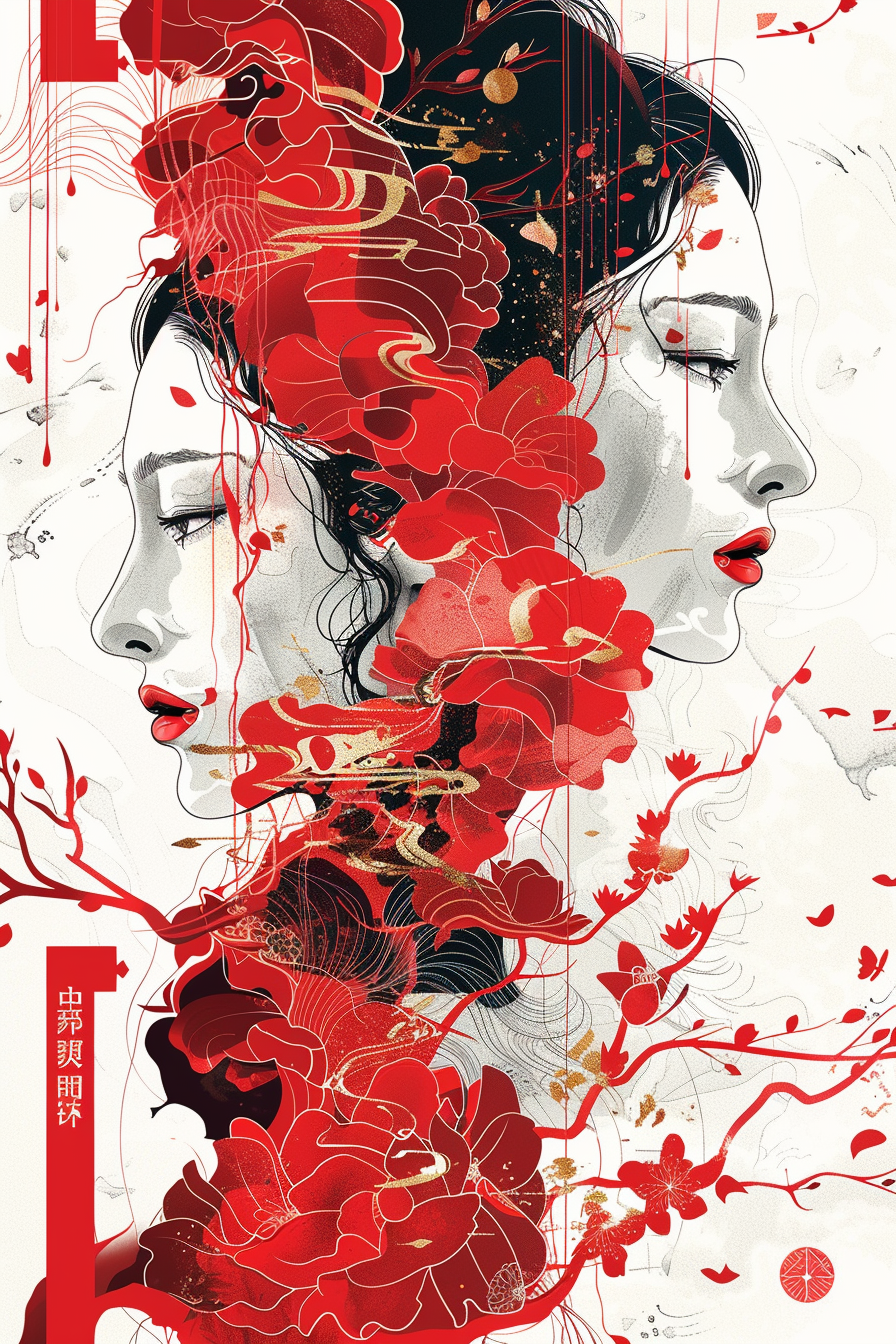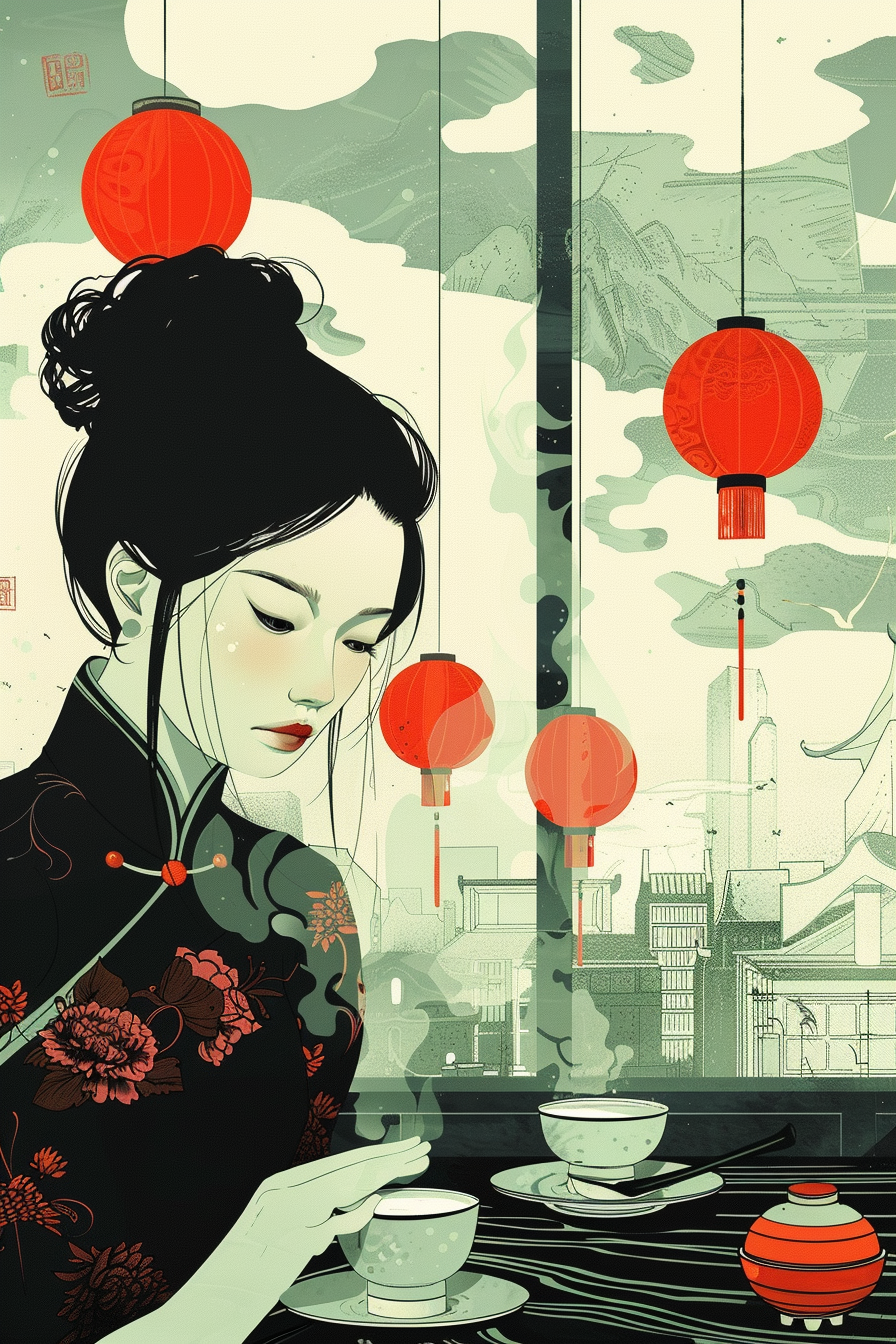To truly master the art of expressing love in Mandarin through idioms, one must appreciate the nuances of tone and context.
Mastering the art of expressing love in Mandarin through idioms is an endeavor that transcends mere linguistic fluency. It is about immersing oneself in the subtleties of tone and context, which are as critical to the language as the words themselves. Mandarin, with its tonal nature, demands precision in pronunciation, as the meaning of a word can change dramatically with the slightest shift in tone. The same idiom, spoken with a different intonation, can convey a spectrum of emotions, from earnest affection to playful teasing. This tonal sensitivity enriches the language, offering a palette of emotional nuances that can capture the complexity of love's many facets.
Beyond the linguistic aspect, the context in which these idioms are used plays a significant role in their impact. Chinese culture, with its rich tapestry of history, philosophy, and literature, imbues these expressions with layers of meaning. An idiom's power lies not just in its literal translation but in the cultural resonance it evokes. To wield these idioms effectively, one must understand the stories and traditions they spring from, allowing the speaker to connect with their partner on a deeper cultural and emotional level.









